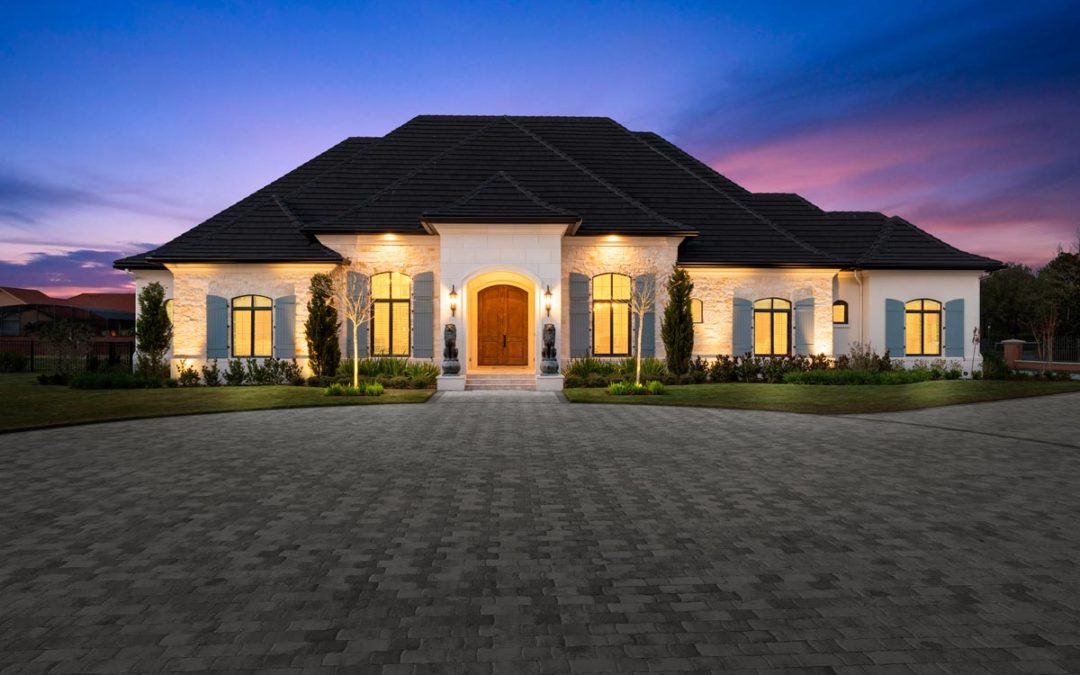If you’re considering a custom home addition, you should consider the room’s purpose and how you’ll prepare for your custom home addition, as well as technical details like the zoning restrictions in your area and your project budget.
Custom Home Addition’s Purpose
What is your motivation for adding an addition to your home? Do you need more space or are you looking for a space-efficient custom home addition? When adding on to your custom home, you should consider how you will use the new addition and the purposes the space will serve. Other factors to consider include how you will access the new addition and the traffic patterns in and out of it, adding appropriate amounts of storage, and other special features that make the space more adaptable.
You may also consider custom home additions that go up rather than out. It can often be more affordable to add another story than to expand a room outwards. Also, some zoning restrictions may prohibit you from adding space beside your home, while a second story would be exempt from those rules. An experienced builder and designer can help you design a space according to your needs, your home’s floor plan, and traffic pattern, and help you get an idea for what your increased utilities and energy usage will be.
Preparation for Custom Home Additions
Custom home additions affect the rest of your home, too. Prepare for construction by covering furniture, storing valuable or fragile items, and putting up plastic barriers to block dust and debris from entering the rest of your home. Also, if you’re remodeling an older home, be aware that some dangerous chemicals such as asbestos and lead can, if found, delay or slow the remodeling process and increase your budget while the substances are mitigated.
Custom home additions can be disruptive to your daily life. Your water and power will likely be shut off temporarily, so make arrangements to stay somewhere else during construction, or adjust your expectations during the time the addition is being completed. Working with an experienced home builder can minimize disruptions and help the process run smoothly and quickly with as few surprises and stress as possible.
Zoning and Custom Home Additions
Before starting work on your custom home addition, be sure to check your home’s zoning requirements, including how close your home can be to property lines and other structures. The zoning laws will determine what you can build and where it sits on your property. To avoid having to change plans partway through the project, check all relevant ordinances, zoning requirements, and other legal paperwork ahead of time.
This is also a good time to double-check your insurance policy to make sure additional square footage will be protected by your current coverage or if you’ll need to adjust your plan. An experienced home builder can help you navigate zoning restrictions and how to add on to your custom home in a legal way that still serves the purposes you need.
Budgeting for Custom Home Additions
Unlike new construction, unexpected costs could arise that could increase the budget, so it might be a good idea to have a cushion when developing your budget in case extra expenses are necessary. Include the materials you expect to be used, and have alternative options if you find you need to save money in certain areas. Understand that to stay on budget, you should prioritize your wants and needs for the space, so if cuts to the budget need to be made, things that are less important will be removed or done in a more affordable way to stay on budget. You should also remember that adding square footage to your home will increase your energy costs to heat, cool, and power the room. Factor these increased costs into your budget, as they could make an impact on your home’s costs in the long run.
Work with a contractor who you trust, who will communicate with you about anything that comes up during the building process, and who will help you find budget-friendly alternatives if unexpected costs threaten to run away with your project. Have a solid plan of what the project will look like before starting construction, so you’ll be more likely to stay on budget, and on your timeline.
Adding on to any home can be a stressful process, no matter how big or small the addition. If you’re looking for experienced help from a custom home builder with a background in design and architecture, talk to the professionals at Konkol Custom Homes.


